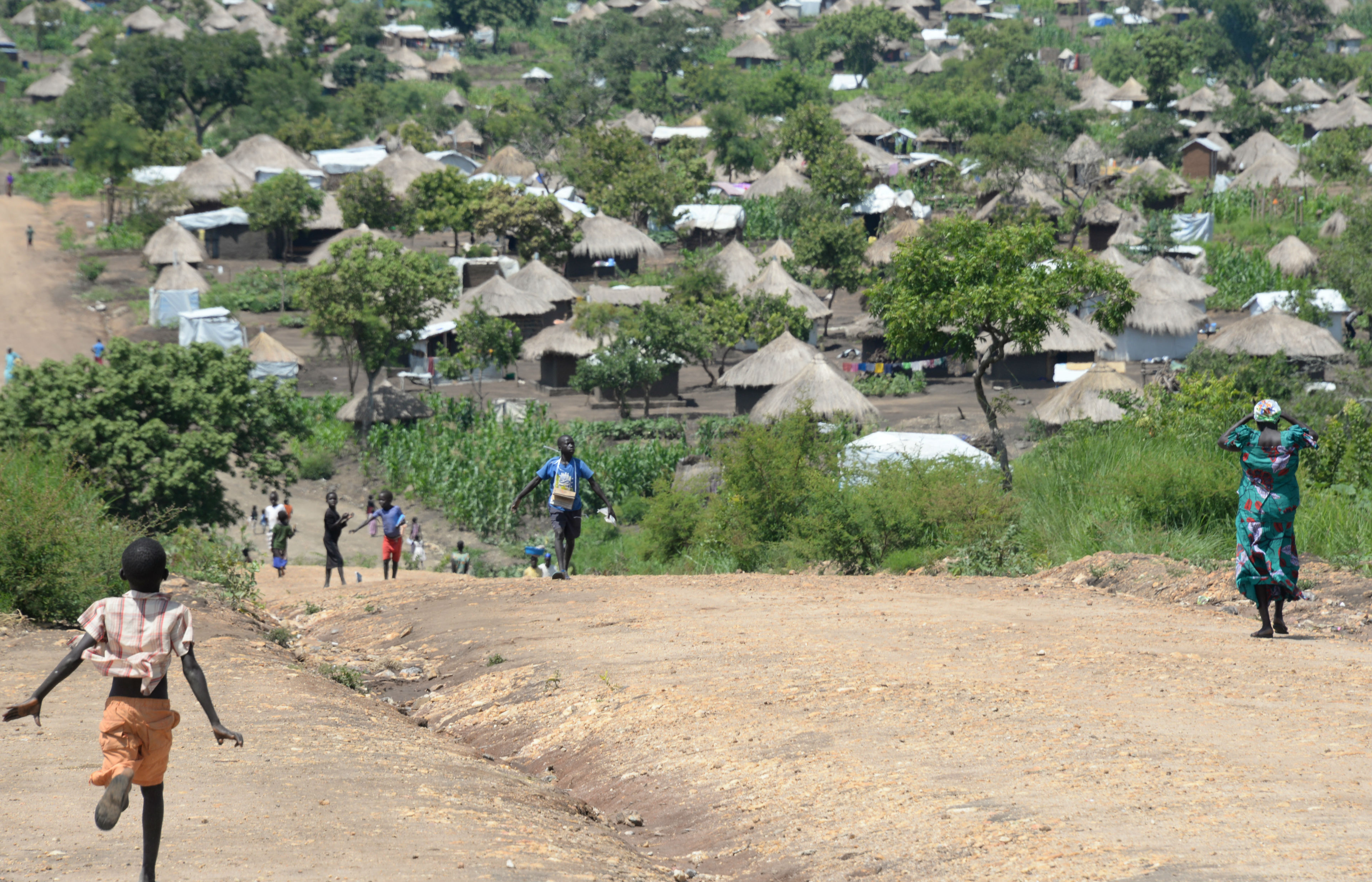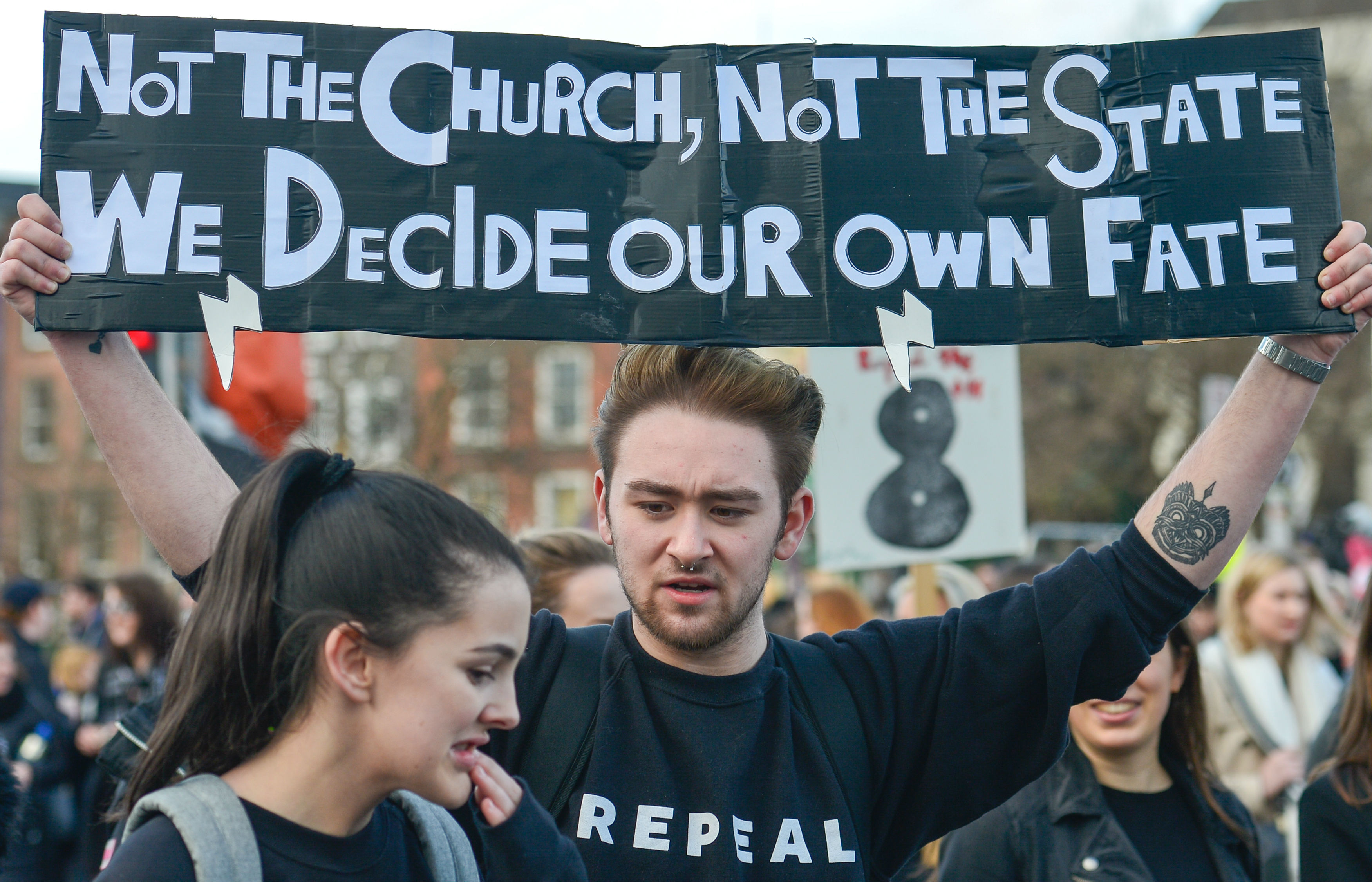Ireland will vote on whether or not to lift the country’s constitutional ban on abortion in a referendum as early as next May or June.
If the early summer date for the poll is confirmed, the vote will happen just weeks before a planned visit by Pope Francis, who is expected to attend the World Meeting of Families in Dublin in August next year.
Taoiseach Leo Varadker, Ireland’s prime minister, said on Tuesday (26 September) that the government has agreed an “indicative timeline” for the vote on the Eight Amendment to the Irish constitution, introduced in 1983.
Ireland has one of the strictest abortion laws in Europe: the law as it stands guarantees the equal right to life for a mother and the unborn. Abortion in legal only in cases where there is a real and substantial risk to a mother’s life. However, thousands of Irish women travel abroad each year for terminations. In 2015, 3265 women with addresses in the Irish republic travelled to Britain for an abortion, according to official UK figures.
Mr Varadker said that any amendment to the constitution requires “careful consideration by the people” and there should be ample time to discuss the issues in a well-informed public debate.
The date of the referendum will not be decided until an all-party parliamentary committee considering the issue reports back to the Irish parliament by Christmas. The committee has warned that it may not be able to meet its deadline.
Campaigners and politicians on both sides of the abortion argument are preparing for months of contentious debate, which is already underway. Opinion polls in recent years have shown that the majority of Irish people are in favour of easing the country’s strict abortion laws, but there is less agreement on the circumstances in which abortion should be legal or not, with limited support for allowing abortion on request.
Politicians on the Eighth Amendment committee meet in public for the second time on Wednesday afternoon. They are under pressure already from “intense lobbying” on both sides, much of it on social media, according to a report in the Irish Times newspaper.
It is not yet clear if Mr Varadker will campaign in favour of the proposal, once the wording to the referendum is agreed. Last month, in an interview with The New York Times, he said he does not agree with the view that the unborn child in the womb should have no rights.
Referring to his medical training, he stated: “As a doctor, I would perform pregnancy scans and while I don’t accept the view that the unborn child, the foetus, if you prefer, should have equal rights to an adult woman, to the mother, I don’t share this view that the baby in the womb […] should have no rights at all.”
The campaign is likely to be bitter and divisive. In 1983, the Eight Amendment to the Irish Constitution, which gives an unborn child a right to equal life to that of its mother, passed by a two-thirds majority.
Almost ten years later, in 1992, after the “X Case” in which a teenage rape victim was prevented from travelling to Britain for an abortion, there were further constitutional amendments recognizing a woman’s right to travel abroad and to obtain information on abortion services outside Ireland.
In 2013, the Irish Government passed legislation for the first time, allowing for abortion in certain circumstances. During that debate, the Catholic Bishops of Ireland said the move was a dramatic and morally unacceptable change to Irish law.
PICTURE: Protestors during a campaign march in Dublin



 Loading ...
Loading ...